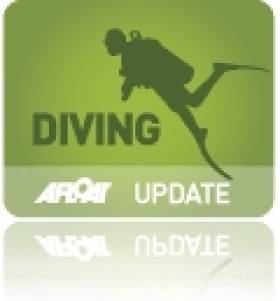Displaying items by tag: Craigavon
Craigavon Lakes To Host Angling Worlds This May
#Angling - Craigavon Lakes will host this year's World Championships for Predator Bank Fishing with Lures, as the Lurgan Mail reports.
The event will attract angling competitors from as far afield as Russia and South Africa from 20 May, ahead of two training days, till the final day of the two-day competition on 24 May.
It's expected that both north and south lakes in the Armagh town, just south of Lough Neagh, will be used for the fishing of pike, perch and rainbow trout.
Using barbless hooks, anglers will net then return all catches to the water, with points scored for each fish netted regardless of size or weight.
Qualifiers for Ireland's team will begin next month, and the chosen few will join some 200 competitors from 20 countries at the world-class tournament.
The event also marks the first NCFFI-organised world championship since last summer's Feeder Worlds at Inniscarra, where Irish anglers claimed the silver medal.
The Lurgan Mail has more on the story HERE.
Diver Treated for 'The Bends' in Northern Ireland
#DIVING - BBC News reports that a man suspected to be suffering from 'the bends' after a dive in Galway was treated in Northern Ireland at the weekend.
The diver was airlifted to the decompression chamber in Craigavon by Irish Coast Guard helicopter as there was no medical team available at the closest facility in Galway.
Decompression sickness - commonly known as 'the bends' - was suspected after the man's rapid ascent from a 22-metres dive in Killary Harbour on Sunday.

























































